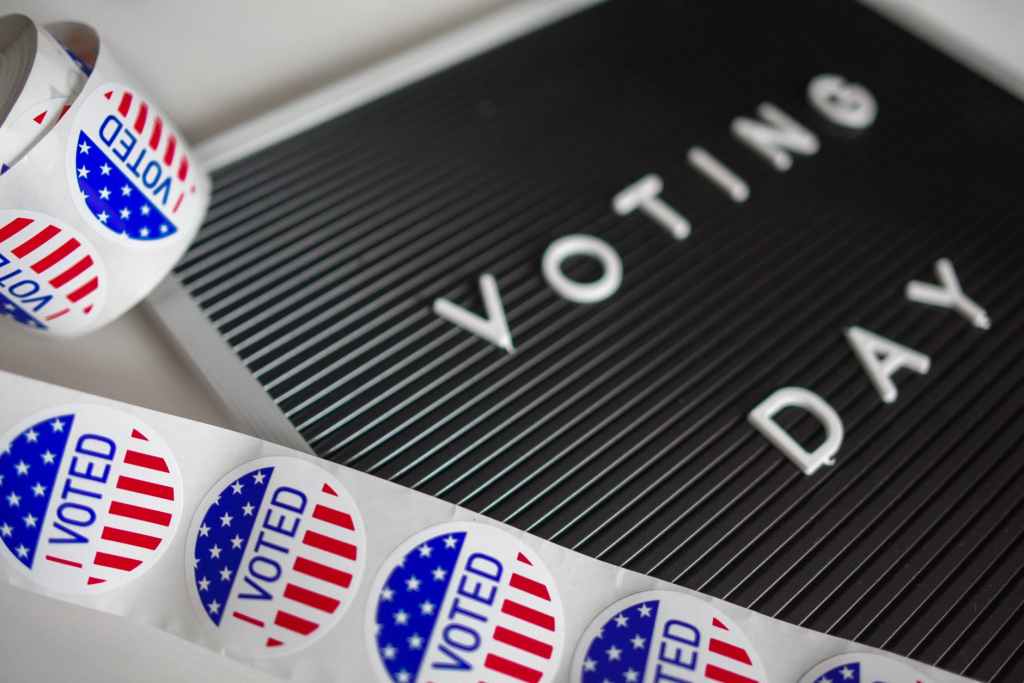As we move toward the new ERA of the internet of things and Artificial intelligence, most Tech experts are asking if technology could be the last remedy that helps to bring back hygiene to the governance of African countries,
We are now seeing the governments of some of these countries taking the lead to start implementing some of these high tech systems that facilitates the day to day running of the various arms of the governments and the various ministries, an example is Rwanda who is at the forefront of the pursuit of this great innovation that is at the first phase of sweeping across the continent
With Rwanda haven established a ministry devoted to IT specifically we are now seeing a great leap on the continent
The Rwandan government is partnering with WISeKey International Holding Ltd (WISeKey)
That will power the digital transformation of the Rwandan government operations across the country, the project will be implemented on the backbone of the blockchain network
The main aim of the project is to be the key driver of Rwanda’s digital transformation.
Another country of interest is Tanzania who is considering fighting corruption with the use of blockchain
Other countries on the continent considering fighting corruption with blockchain technology are Uganda, South Africa, Ethiopia, Nigeria, Ghana
Nigeria will be using distributed ledger technology (DLT) and hopes to boost public revenues after lowering corruption. Nigeria’s customs service has already adopted the blockchain technology in order to boost revenues and deal with corruption.
In south Africa the Reserve Bank is considering using blockchain through Project Khokha to improve the situation. Other main areas of corruption include grants and social programs.
The project Khoka has already trialed inter-bank settlements using distributed ledger technology. inside of procurement, such a system would help to identify and verify potential bidders, simplify contractor registration also another project in south Africa is the bitland project for working with communities to build a blockchain-based land registry system. The company has already spread to Nigeria, South Africa, Uganda, and Mauritius.

